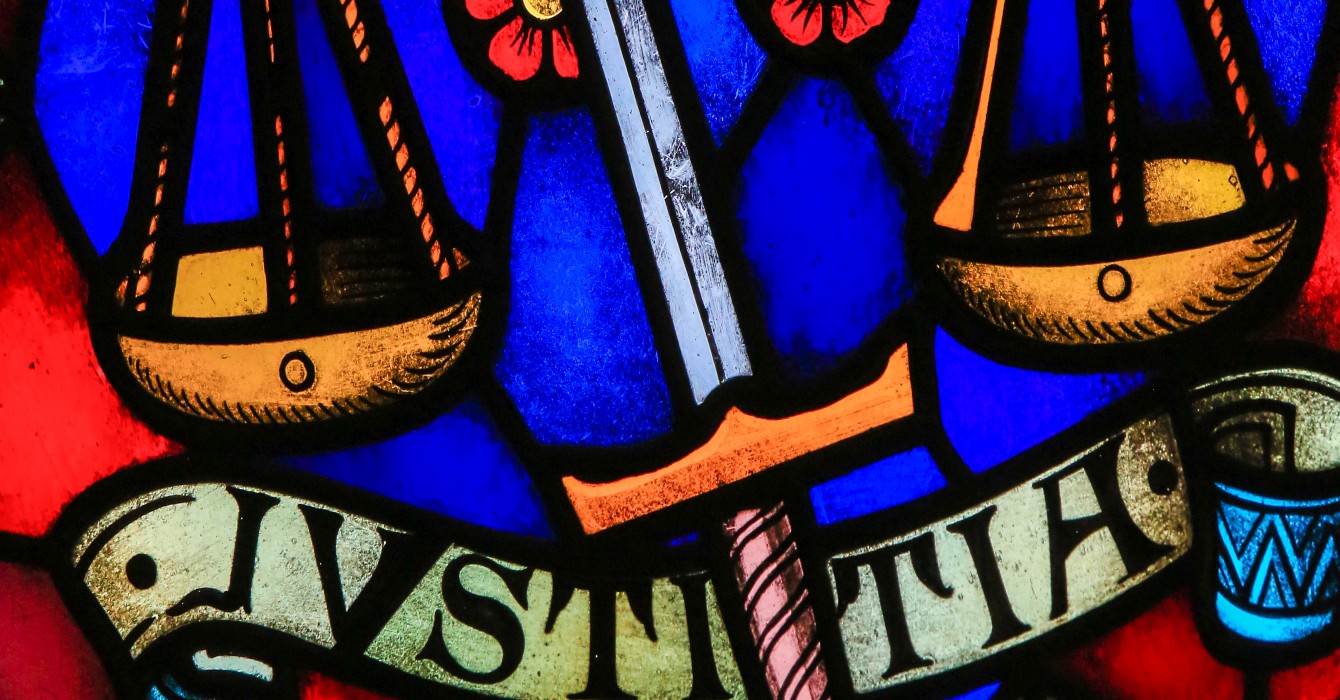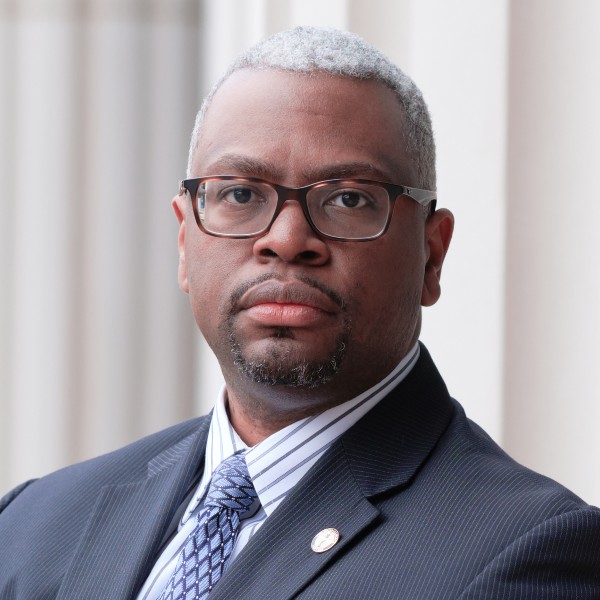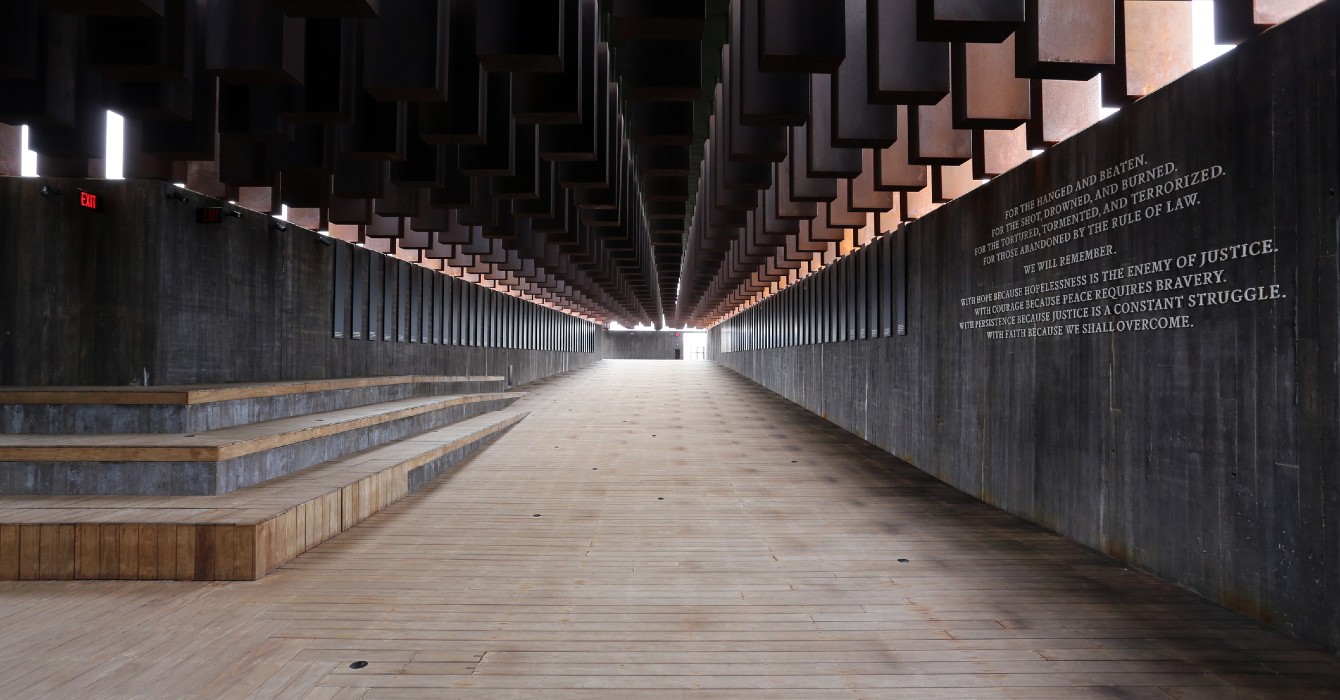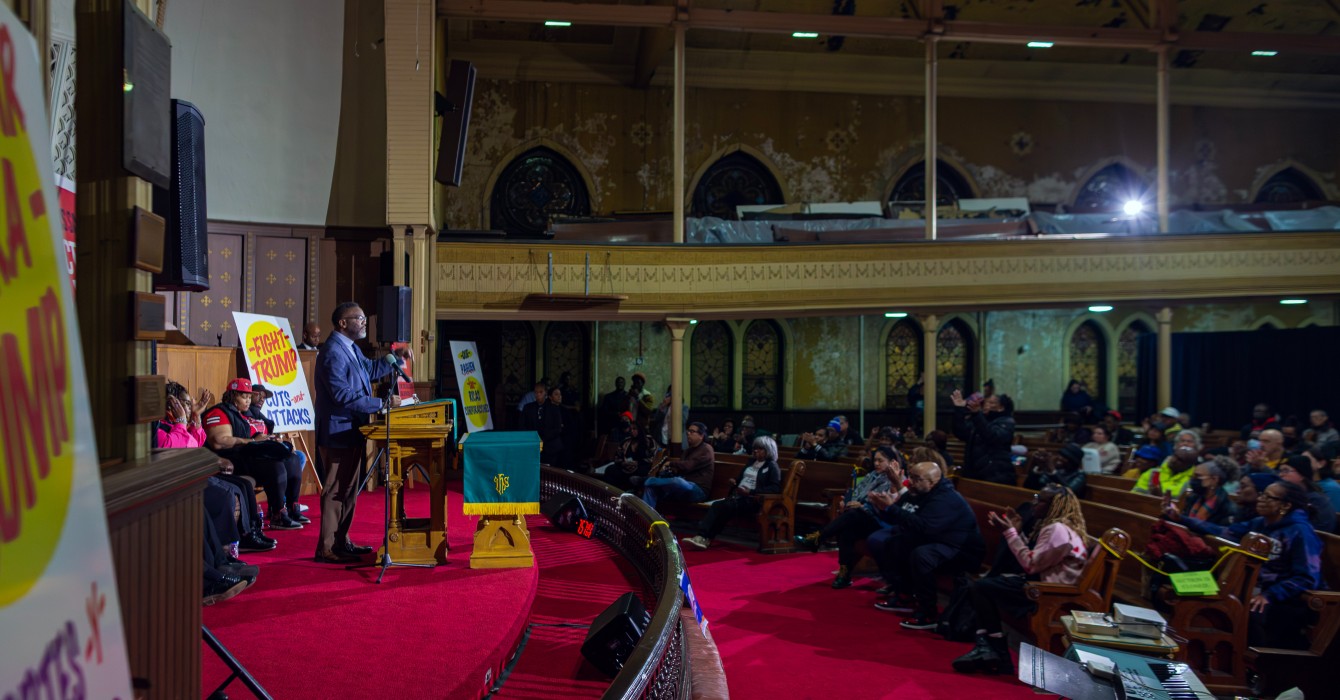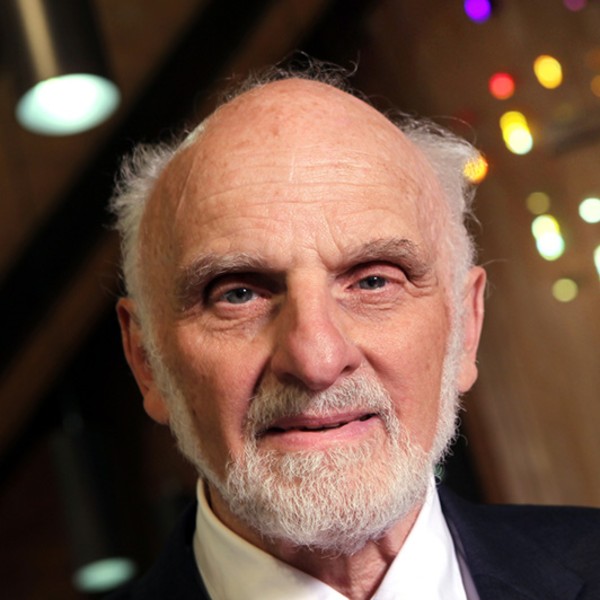Jesus simplified our responsibility to those on the margins. As we read in Luke 12:35-48, from everyone to whom much is given, much is required. Yet survivors of spiritual abuse can attest that the message seems lost on the church in America.
Eric Isaac, a pastor and Florida International University professor of religious studies who has created a body of scholarship about spiritual abuse, defines it as depicting the sacred in a manner that justifies mistreatment by power-holders in attempts to coerce or manipulate others for the purposes of control.
Among those injured by such church trauma, a pattern emerges: powerful pastors who subscribe to unhealthy theologies and employ culture war rhetoric bristle when confronted with how their behavior assaults people who have been marginalized. This includes racial minorities, women, LGBTQIA people and those with disabilities. Rather than empathizing with those they’ve hurt, these leaders insist on being judged by ostensibly good intentions, not the persistent harm they inflict.
And when victims of spiritual abuse are conditioned into giving their pastors the benefit of the doubt — unable to discern whether their suffering is a result of intentional or negligent action — the ambiguity provides cover for their tormentors.
Constantly analyzing the abuser’s motives produces debilitating fatigue that either compels victims to remain in toxic settings longer than they ought or drives them from their church homes in despair. With accumulated damage comes compound interest.
As an African American, I vacillated for three years between staying in or leaving an unhealthy predominantly white congregation where my family had worshipped and served for more than a decade, because I wanted to give its leadership the benefit of the doubt. When we finally left, we joined the long procession of survivors stumbling directionless in shock, slogging through deep psychological ruts, after American Christianity’s incomprehensible marriage to MAGA conservatism.
Having reconstructed my faith after our own traumatic experience, I offer hard-won insight for those on the road to spiritual healing: the impact of spiritual abuse on you is more important than the intentions of the abuser.
Furthermore, perpetrators of spiritual abuse cannot be afforded the benefit of ignorance. Understanding these principles deprives wrongdoers of the ability to hide behind good intentions when it’s clear they know, or should know, better. This can make us less susceptible to abusive behavior going forward.
As an attorney, I’m bound to certain standards. My outlook on the gospel, and concepts borrowed from law, highlight duties I believe spiritual authorities are similarly bound by. For example, attorneys bear fiduciary duties to clients. This requires acting in the best interest of clients to maintain trust, even after our representation concludes. No less can be asked of those stewarding the health of another’s soul.
Ignorance of the law is no excuse
The importance of accountability is a crucial concept. In criminal law, for example, there is generally no defense for ignorance of the law. Presence within the community implies accepting shared obligations, imputing us with knowledge of the law and certain responsibilities. Higher expectations are equally conferred upon our spiritual guides.
For this reason, attorney and community activist Cyndia Hammond exposes the claims of ignorance that dysfunctional churches rely upon as camouflage by opining, “My intent matters less the more harmful the impact is. …I need to be studying the issues that impact my community to maximize awareness of potential impact. If I have knowledge in my toolbox, I am more prepared to consider impacts on the fly when there is less time for reflection.”
Jury selection
Another parallel: jury selection is particularly challenging for lawyers. Here we test people without legal training in a crucible of questions as we choose arbiters of high-stakes disputes often turning precisely on fine points of law.
In Texas, where I practice, this is exacerbated by lack of a formal definition of proof beyond a reasonable doubt — the standard to prove guilt in criminal cases. Instead, the state's legislature and highest courts have determined that jurors can decide how to quantify proof beyond a reasonable doubt subjectively. Fingers crossed.
Once presentation of the evidence is concluded, jurors are read the law, given a hasty explanation of its application, and sent to deliberate until arriving at consensus with other jurors who are essentially strangers. What could possibly go wrong?
Bias
Irrespective of law or facts, trials often turn on predilections. Personal experience and bias impact how breaches of responsibility are viewed. Thus, we try to exclude jurors predisposed against our case and retain those receptive to it.
It would be easier to ask directly, “How much evidence do you need to decide in my favor?” “What specific evidence would convince you?” or, “Will any amount of evidence convince you?” Perhaps it is telling that lawyers are forbidden from asking potential jurors the first two questions, but answering the last question in the negative is a disqualification from service altogether. Bias hinders accountability.
In cases of spiritual abuse, how hard need victims work for their suffering to be acknowledged and yield accountability? How does bias suppress the legitimacy of their concerns? Will any amount of evidence convince their critics?
Spiritual leadership demands comprehension of duties, shedding bias against the marginalized, and refusal to hide behind good intentions for harm done. If Jesus’s words in Luke 12 are too far removed to inform, Maya Angelou said it just as well: “Do the best you can until you know better. Then when you know better, do better.”
For believers, the example of Christ is our highest authority. Thus, we observe Jesus modeling love of neighbor among the marginalized rather than sermonizing among religious leaders who held them in disdain or contributed to their ostracization. Because living in selfless love was inextricably linked to his teaching, Jesus modeled an ethic of responsibility that excludes ignorance as a subterfuge for spiritual abuse. From those to whom much is given, much is required. Especially in the context of spiritual abuse.

